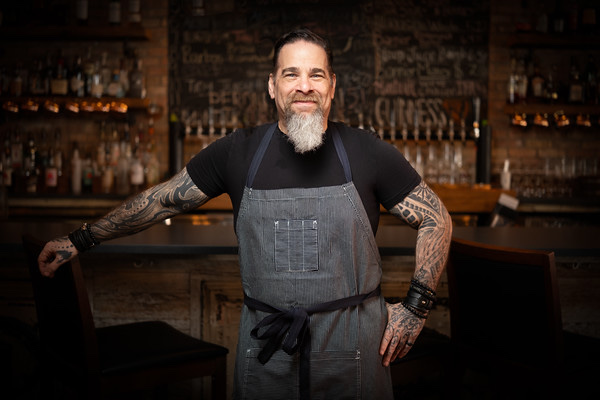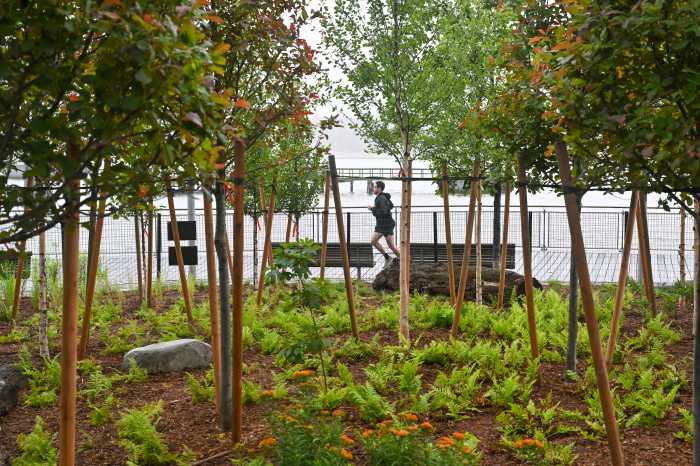Park Slope resident Nancy Siraisi has received armfuls of accolades over her long academic career, but last week was a new one: genius.
Siraisi, 76, was among the eight New Yorkers, and one of two Brooklynites, named MacArthur Fellows, men and women said to exemplify “the boundless nature of the human mind and spirit.”
The prestigious fellowships, awarded by the John D. and Catherine T. MacArthur Foundation, recognize genius and creativity.
The 25 winners receive a $500,000 “no strings attached” grant.
Siraisi, a historian of 15th and 16th century medicine who retired teaching at Hunter College and the CUNY Graduate Center in 2003, said she was taken aback when she received the good news.
“My reaction was astonishment,” she said. “This is an extraordinary award.
“Anything else I have ever received has been strictly in a professional context, whereas this award is given to people in a variety of fields,” she continued.
Other recipients included a music critic, a stage lighting designer, a saxophonist, an inventor, an urban farmer and an anthropologist.
MacArthur Fellows do not apply for the honor—they are nominated anonymously. Research and interviews with colleagues are done in secret, unbeknownst to the nominee.
A panel of 12 anonymous judges considers an estimated 1,000 people who are considered annually for the fellowships.
The other Brooklyn award winner was sculptor Dana Sullivan of Williamsburg, who said she was unavailable for comment at press time.
Siraisi, originally from England and living in Brooklyn since 1964, said the money will help make her research “enormously easier.”
She is currently working on an anthology and an article that could turn into a book. Last year her book, “History, Medicine, and the Traditions of Renaissance Learning,” was published.
Originally trained as a medievalist, Siraisi became interested in the history of medicine while attending the CUNY Graduate School.
“By concentrating on medicine in her biography of the 16th-century polymath Girolamo Cardano—who was a physician, astrologer, autobiographer, mathematician and natural philosopher—Siraisi offers new perspectives on the history of these fields and illuminates essential aspects of Renaissance medical practice,” the foundation noted. “Her meticulously researched volumes elucidate the historical milieu in which the physicians lived and the profound impact of medical theory and practice on Renaissance society, culture and religion.”
Siraisi said history’s medicine men “fancied themselves as philosophers,” a stark contrast to the hyper-technical world of medicine in the 21st century.
“It may seem strange compared to today. In some ways, it was another world,” she said.
Looked at broadly, the history of medicine can also be viewed as a intellectual, social and cultural history.
But Siraisi is content to narrow her view. “I am more interested in what they wrote and how they thought,” she said.























